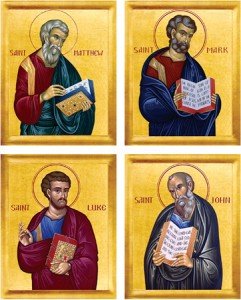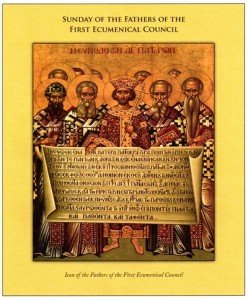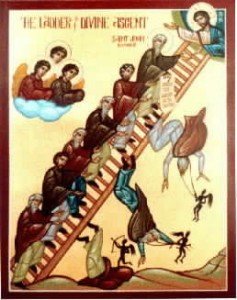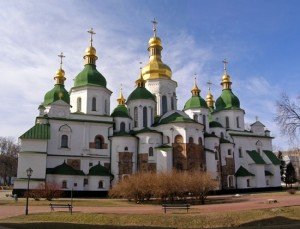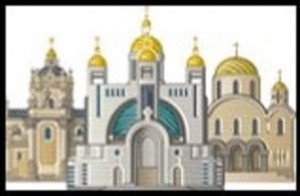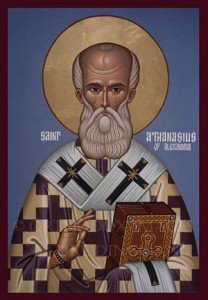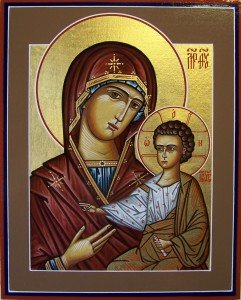 I realize that this article seems to have lost some of its focus. This is, I believe, a result of my attempts to find the right words to articulate exactly what I think the “call to holiness” really means. I’m beginning to truly realize that there are very many different aspects to this “call”.
I realize that this article seems to have lost some of its focus. This is, I believe, a result of my attempts to find the right words to articulate exactly what I think the “call to holiness” really means. I’m beginning to truly realize that there are very many different aspects to this “call”.
The call God is giving us is a call to become an authentic human being, that is a human being who is growing in the likeness of Christ, who is the archetype of what God intended when He created humans. As you might guess, God had an idea of what humans could be like in order for them to understand their meaning and purpose in creation Humans are probably the only beings that God has created that have been given the ability to develop an understanding of their meaning and purpose. Why? Because we have been created in His image and given the ability to grow in His likeness manifested in the Second Person of the Holy Trinity, Jesus, the Christ.
So, to be a true human being means to be a human who voluntarily chooses to do everything in his/her power to become more like Christ. This means putting on the mind of Christ and making His attitudes our attitudes His behaviors, our behaviors. One of the immediate questions that comes to mind is the question about attitudes. It must be remembered that attitudes govern human behavior. For example, if we find that we judge others because of their beliefs, race or behavior, we will must naturally not make any real effort to love them unconditionally and not judge them. Nevertheless the attitude of Jesus is that we must not judge others and unconditionally love them. So, when we find that we are judging others, we know that we are not putting on the mind of Jesus.
I realize that this is not necessarily easy to do. We as humans easily slip into judging others because of our own personal values and ideas about life. This is why Jesus, like John the Baptizer, kept saying to people: “Change your hearts and mind because the Kingdom of God is at hand.” These are real words!

